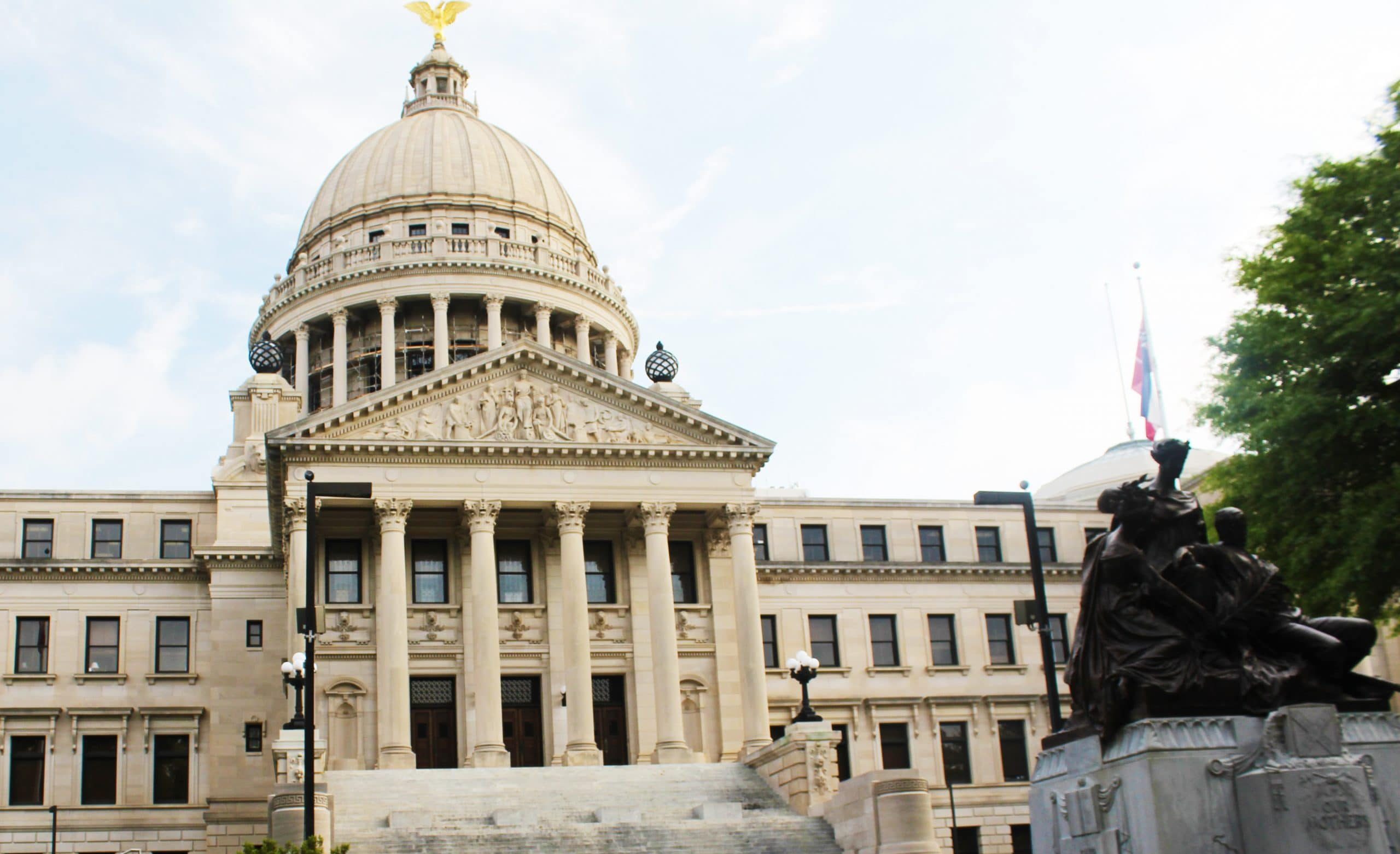A case has just been won in the supreme court saying that a government cannot set up meetings of less than a quorum of public officials if they are trying to evade the state’s Open Meetings Act.
Mike Hurst, Director of the Mississippi Justice Institute just won the supreme court case that dealt with the city of Columbus’ city council holding meetings that purposefully kept the public from attending.
“It was almost like Noah’s ark,” said Mike Hurst, Director of the Mississippi Justice Institute. “They would bring city council members in two by two in order to try to avoid the technical wording or requirement for the act to get around having to hold these meetings in public. After these meetings either they or others would issue public decisions concerning what the city council or the government had done up in Columbus.”
Hurst said that he will now be working on a similar case in Meridian where he will be representing a local Meridian man who filed a complaint against the Lauderdale County board of supervisors.
“It was almost the exact same scenario where the President of the board brings in a few supervisors at a time and in this case, in Meridian, they were discussing a multi-million dollar bond that the county was considering doing and after they discussed this, behind closed doors, in small gatherings, trying to avoid the open meetings act,” said Hurst. “They came back in and later publicly announced it at publicly attended meeting and kind of rubber stamped a new multi-million dollar bond that they had already decided in secret, behind closed doors.”
Because of actions like these, Hurst said he is excited that the Supreme court decided to rule on the side of Mississippians so that they can experience an open and transparent government.
“This case is a seminal case,” said Hurst. “This is the first time the Mississippi Supreme court has ever addressed this notion of public bodies meeting in numbers less than a quorum to do public business. It has profound effects on ordinary mom and pops where these public bodies’ decisions affect all of us whether it is raising taxes, spending our taxpayer money, issuing regulations that regulate our property or how we live. These things affect all of us.”




